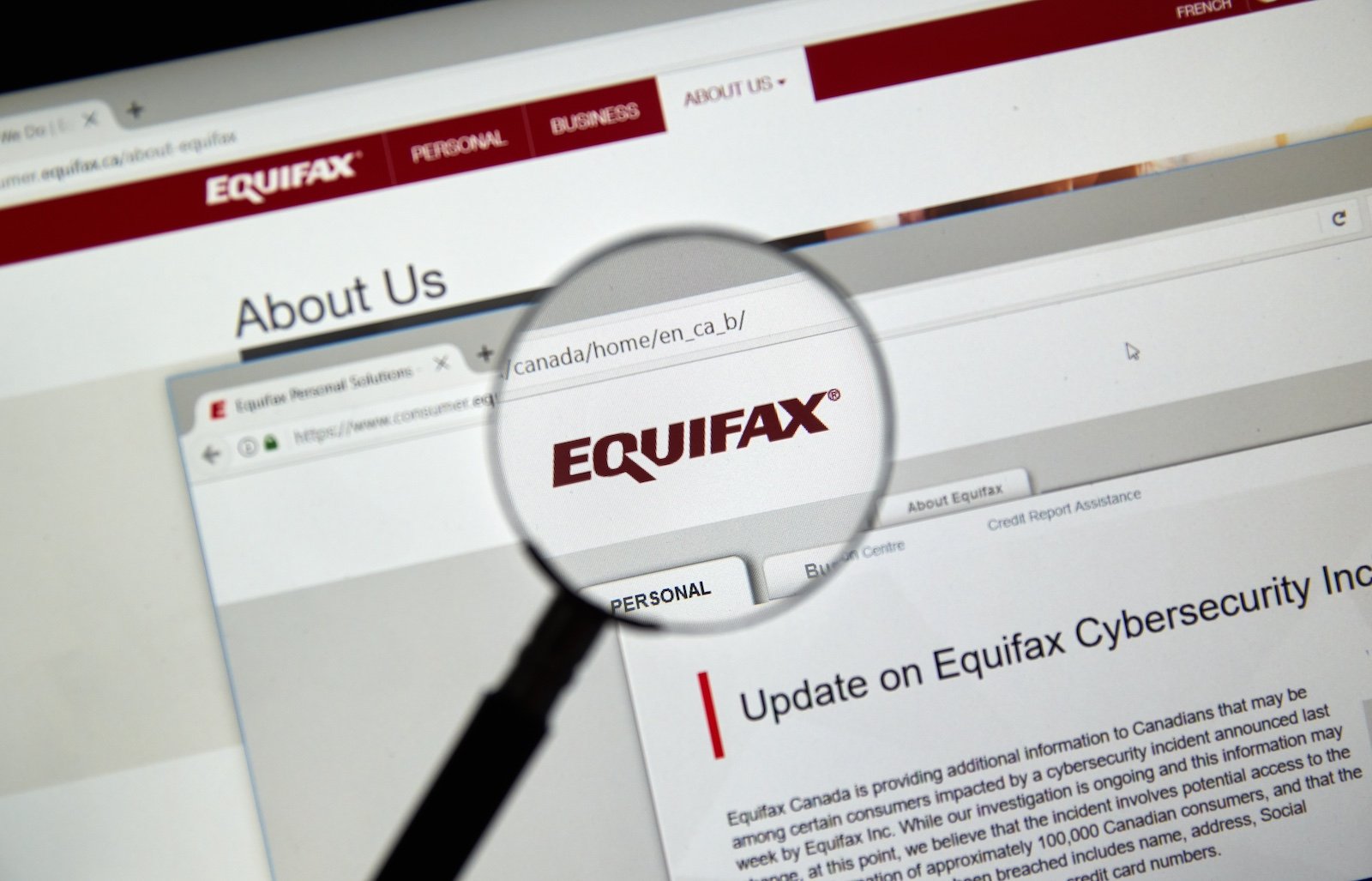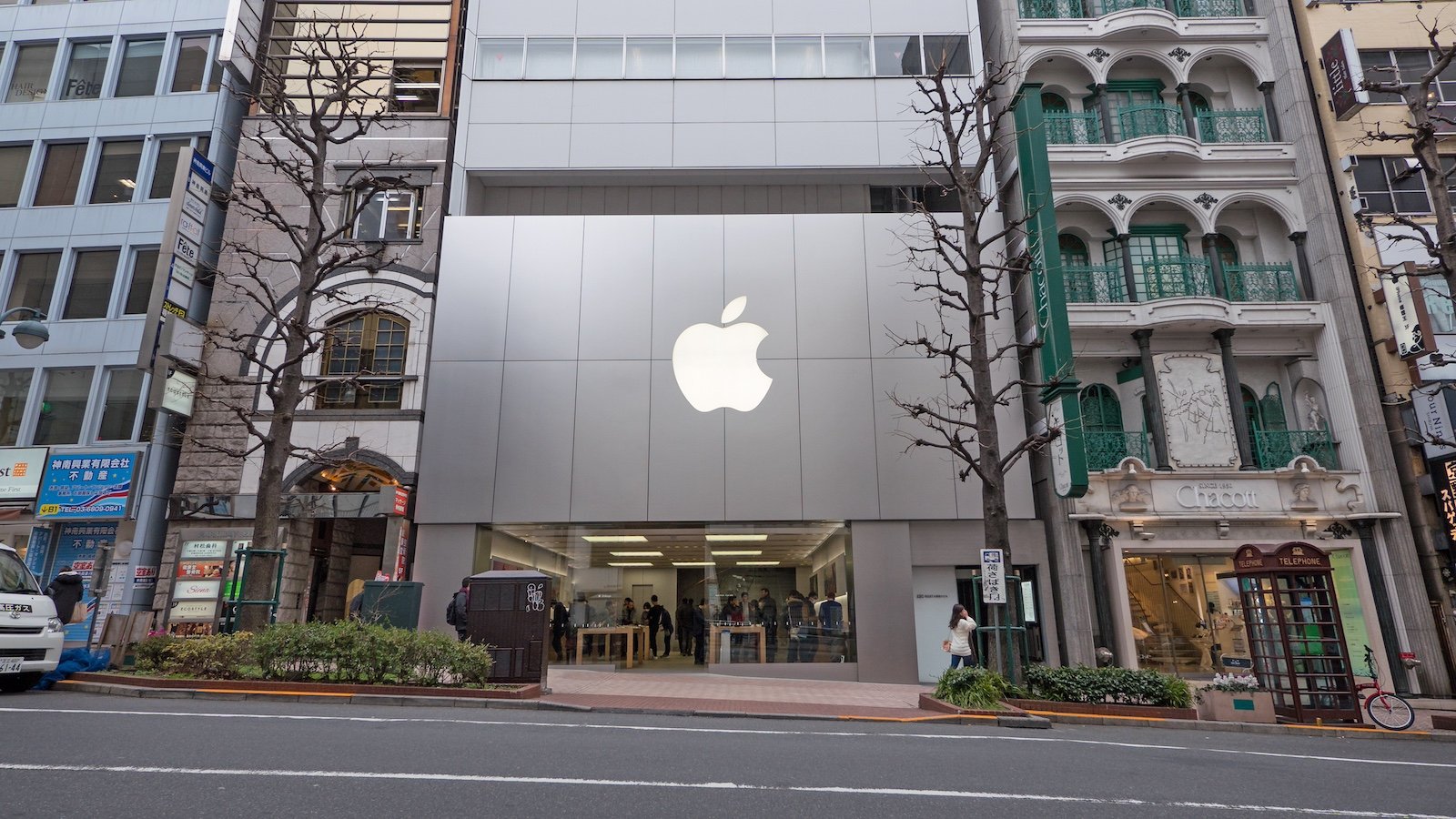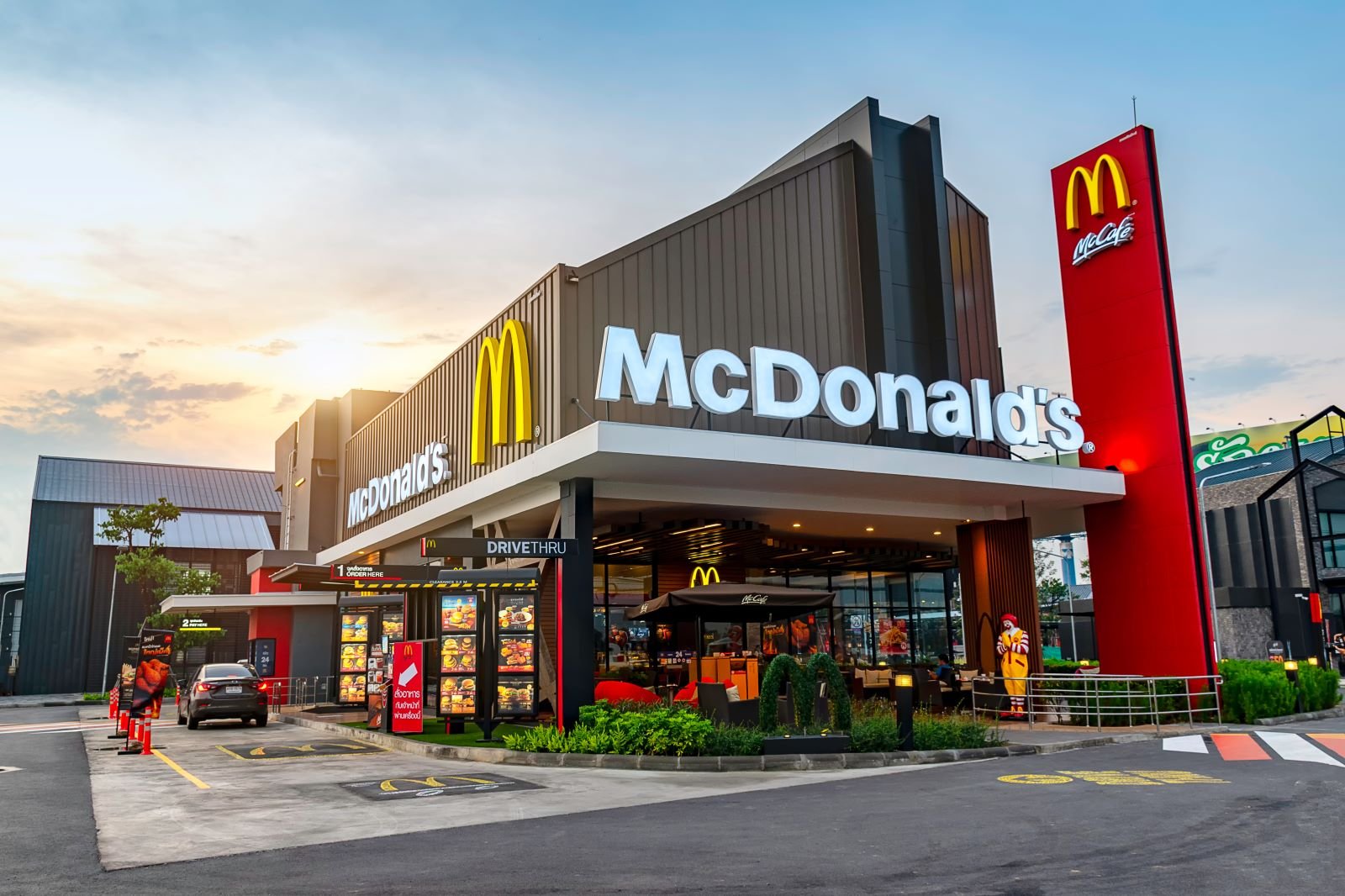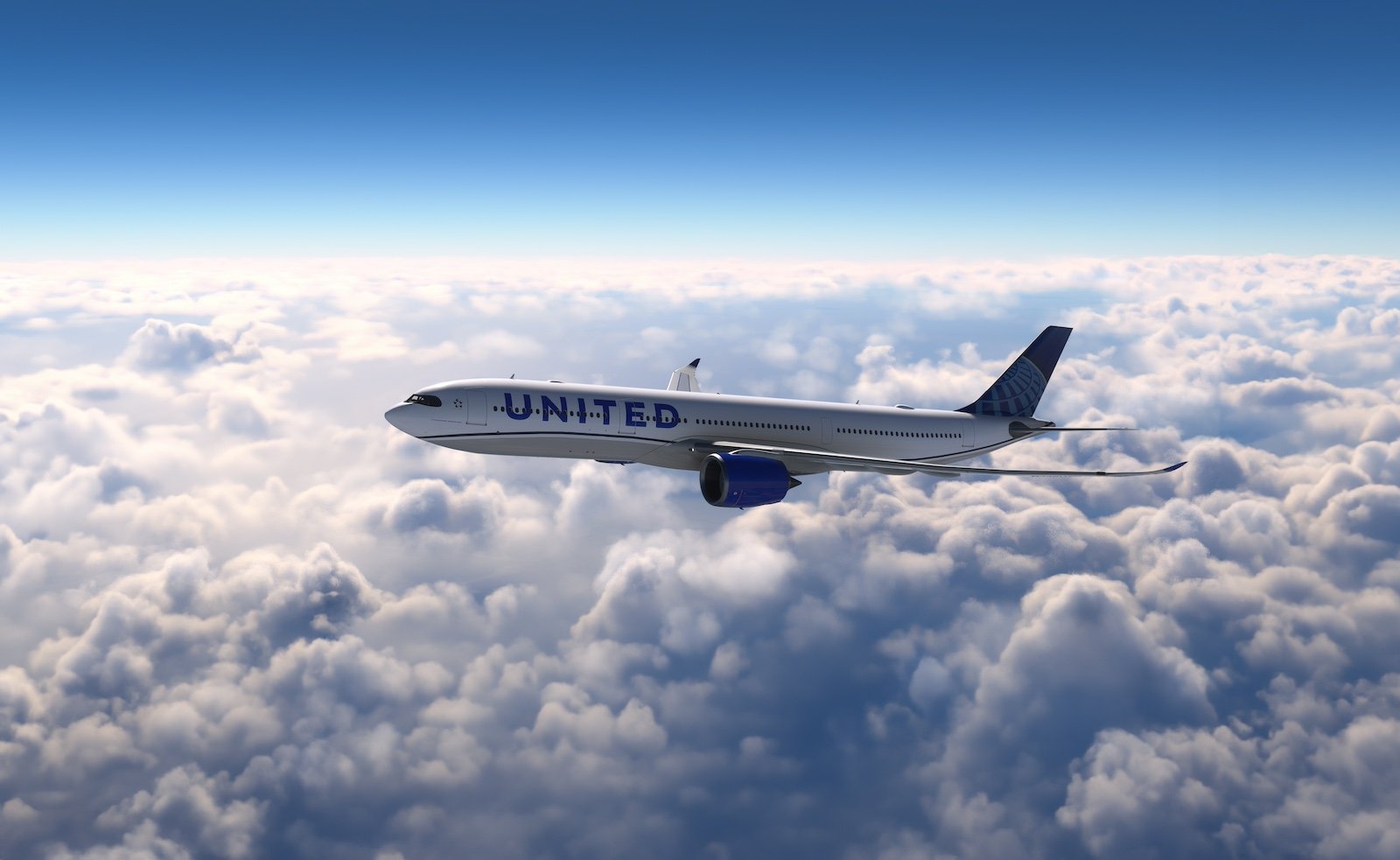In today’s business world, several companies have been accused of exploiting their customers through unethical practices, deceptive marketing, and unfair policies.
Here’s a look at some of the most notorious examples illustrating how these practices not only harm consumers but also erode trust in these brands.
Facebook (Meta)

Facebook has faced numerous allegations regarding the misuse of user data. The Cambridge Analytica scandal, where data from millions of users was harvested without consent for political advertising, is a prime example. This breach of trust highlighted Facebook’s prioritization of profit over user privacy and security, raising significant ethical concerns about its business practices.
Wells Fargo

Wells Fargo made headlines for creating millions of unauthorized bank and credit card accounts without customer consent. This scandal, driven by aggressive sales targets, resulted in hefty fines and a tarnished reputation. The bank’s unethical practices highlighted severe flaws in corporate governance and customer exploitation for financial gain.
Volkswagen

The Volkswagen emissions scandal, known as Dieselgate, revealed that the company installed software to cheat emissions tests, making their cars appear more environmentally friendly than they were. This deception affected millions of vehicles worldwide and led to significant environmental and public health implications. Volkswagen’s actions demonstrated a blatant disregard for honesty and consumer welfare.
Equifax

In 2017, Equifax suffered a massive data breach that exposed the personal information of 147 million people. The company’s delayed response and failure to protect sensitive data underscored serious negligence in safeguarding consumer information.
The breach not only compromised customer trust but also highlighted the potential dangers of inadequate cybersecurity measures in large corporations.
Uber

Uber has been criticized for various unethical practices, including surge pricing during emergencies, lack of transparency with drivers, and aggressive tactics against competitors. The company’s approach to business often prioritized rapid growth over ethical considerations, leading to numerous controversies and legal battles.
Amazon

Amazon has faced criticism for its treatment of warehouse workers, including poor working conditions, low wages, and anti-union practices. The company’s focus on efficiency and cost-cutting has often come at the expense of employee well-being.
Additionally, its market dominance has raised concerns about monopolistic practices and the impact on smaller businesses.
Apple

Apple has been accused of deliberately slowing down older iPhones through software updates, a practice known as “planned obsolescence.” This strategy allegedly pushes customers to buy newer models sooner than necessary. Apple’s lack of transparency about these updates led to lawsuits and settlements, highlighting the company’s focus on profit maximization at the expense of customer trust.
Comcast

Comcast is infamous for its poor customer service, hidden fees, and misleading promotions. Customers frequently report being charged for services they did not request and facing difficulties in resolving issues.
The company’s monopolistic hold in many regions limits consumer choice and enables it to maintain these exploitative practices with minimal repercussions.
AT&T

AT&T has been criticized for misleading billing practices and aggressive upselling tactics. Customers often find unexpected charges on their bills and face difficulties when trying to resolve these issues.
The company’s focus on maximizing profits through these questionable practices has led to a significant erosion of customer trust.
Ticketmaster

Ticketmaster has faced backlash for its dynamic pricing model, which often leads to skyrocketing ticket prices for popular events. Additionally, the company has been accused of allowing scalpers to purchase large quantities of tickets, further driving up prices for average consumers. These practices have led to widespread criticism and legal challenges.
Nestlé

Nestlé has been embroiled in numerous controversies related to its business practices, including the aggressive marketing of baby formula in developing countries, which has been linked to health issues among infants. The company has also faced criticism for its impact on water resources and labor practices in its supply chain.
McDonald’s

McDonald’s has been criticized for its role in promoting unhealthy eating habits, especially among children. The company’s marketing strategies, including targeting young audiences with toys and characters, have been seen as exploitative. Additionally, the fast-food giant has faced scrutiny over its labor practices and environmental impact.
Ryanair

Ryanair is notorious for its hidden fees and poor customer service. The airline’s business model relies heavily on additional charges for services that are typically included in the ticket price, such as baggage and seat selection.
This approach has led to numerous customer complaints and a reputation for exploitative practices.
Philip Morris

Philip Morris, one of the largest tobacco companies, has faced widespread criticism for its marketing practices and the health impacts of its products. The company has been accused of targeting young people and downplaying the risks associated with smoking.
These practices have had significant public health implications and have been the subject of numerous legal battles.
Monsanto (now part of Bayer)

Monsanto has been widely criticized for its business practices related to genetically modified organisms (GMOs) and its aggressive legal tactics against farmers. The company’s use of herbicides like glyphosate has also raised environmental and health concerns. Monsanto’s approach has been seen as prioritizing profits over ethical considerations and public welfare.
BP

The BP oil spill, also known as the Deepwater Horizon spill, in 2010 was one of the worst environmental disasters in history. BP’s failure to maintain safety standards led to the explosion of the oil rig, causing millions of barrels of oil to spill into the Gulf of Mexico. The disaster had devastating effects on marine life and local economies, highlighting the company’s negligence and prioritization of profit over environmental safety.
Coca-Cola

Coca-Cola has faced numerous allegations related to environmental damage and labor rights abuses. The company has been accused of depleting water resources in developing countries, contributing to water scarcity for local communities.
Additionally, Coca-Cola has been criticized for poor working conditions and anti-union activities in its bottling plants.
United Airlines

United Airlines has been criticized for its customer service practices, most notably for forcibly removing a passenger from an overbooked flight in 2017. The incident, which was widely publicized, highlighted the airline’s aggressive and customer-unfriendly policies, leading to significant backlash and calls for better treatment of passengers.
Foxconn

Foxconn, a major supplier for companies like Apple and Amazon, has been criticized for its labor practices. Reports of poor working conditions, excessive overtime, and even child labor have plagued the company. Foxconn’s practices have raised serious concerns about the ethical implications of outsourcing manufacturing to countries with lax labor laws.


